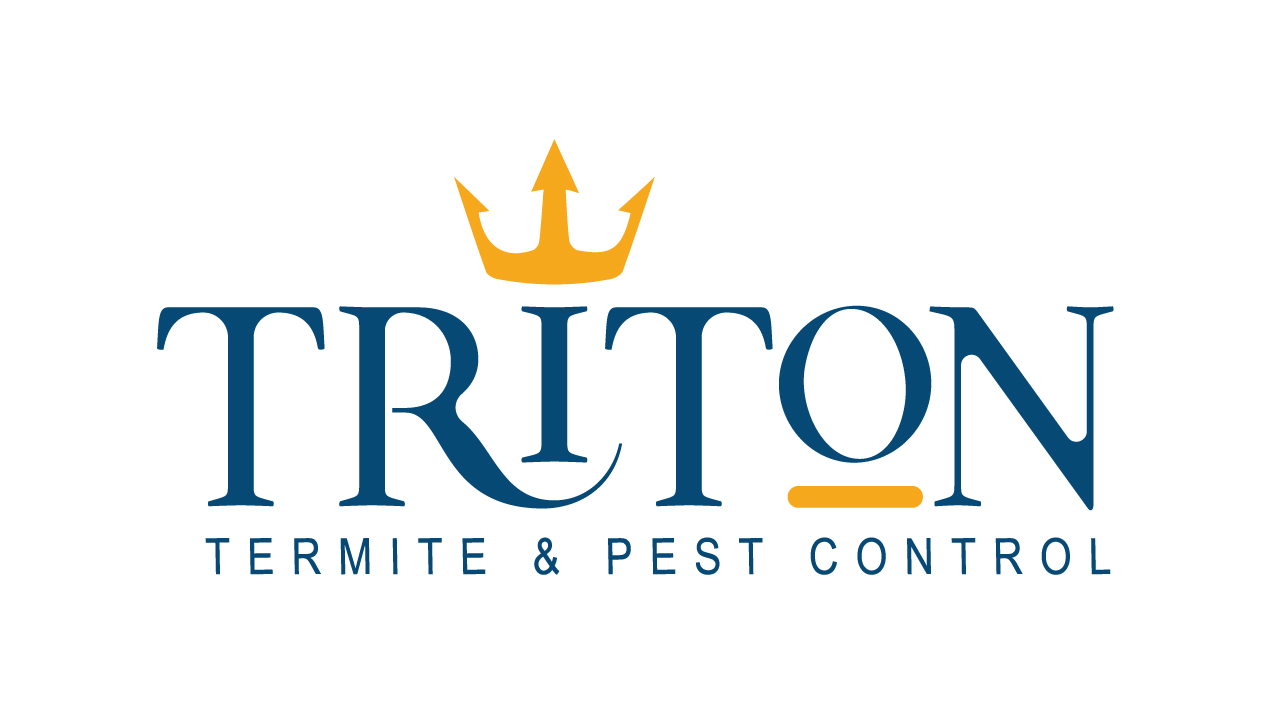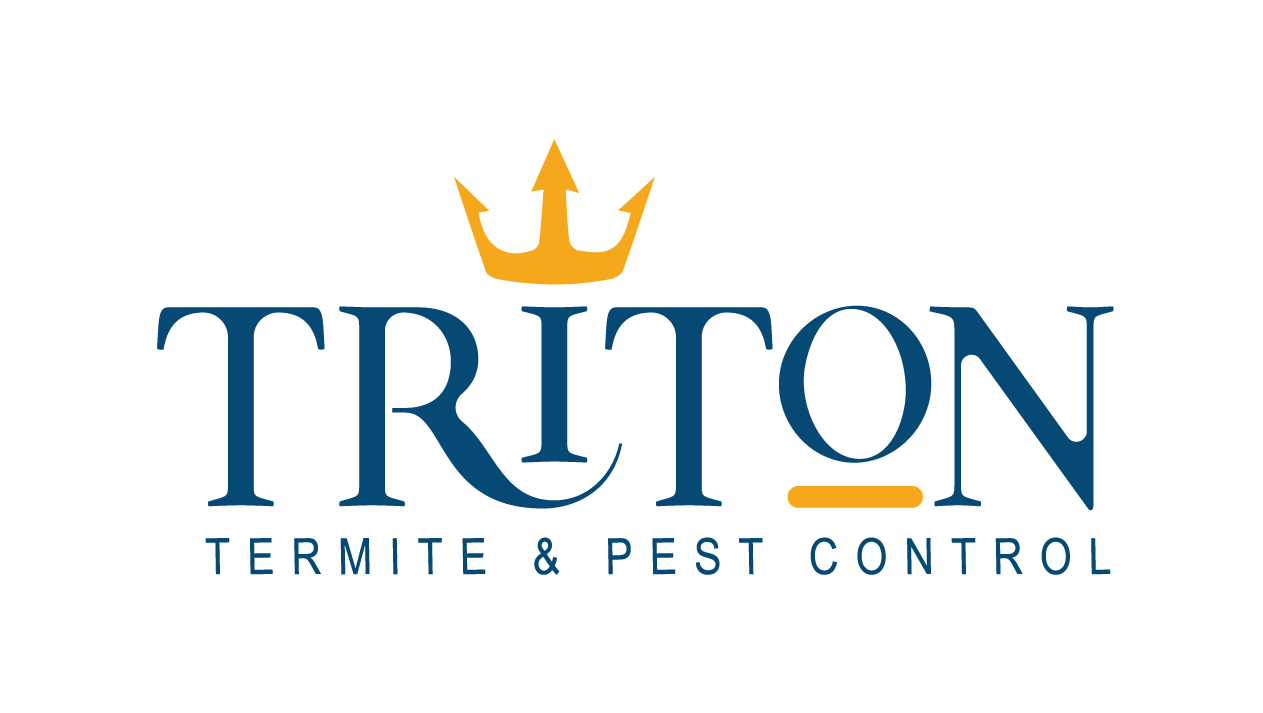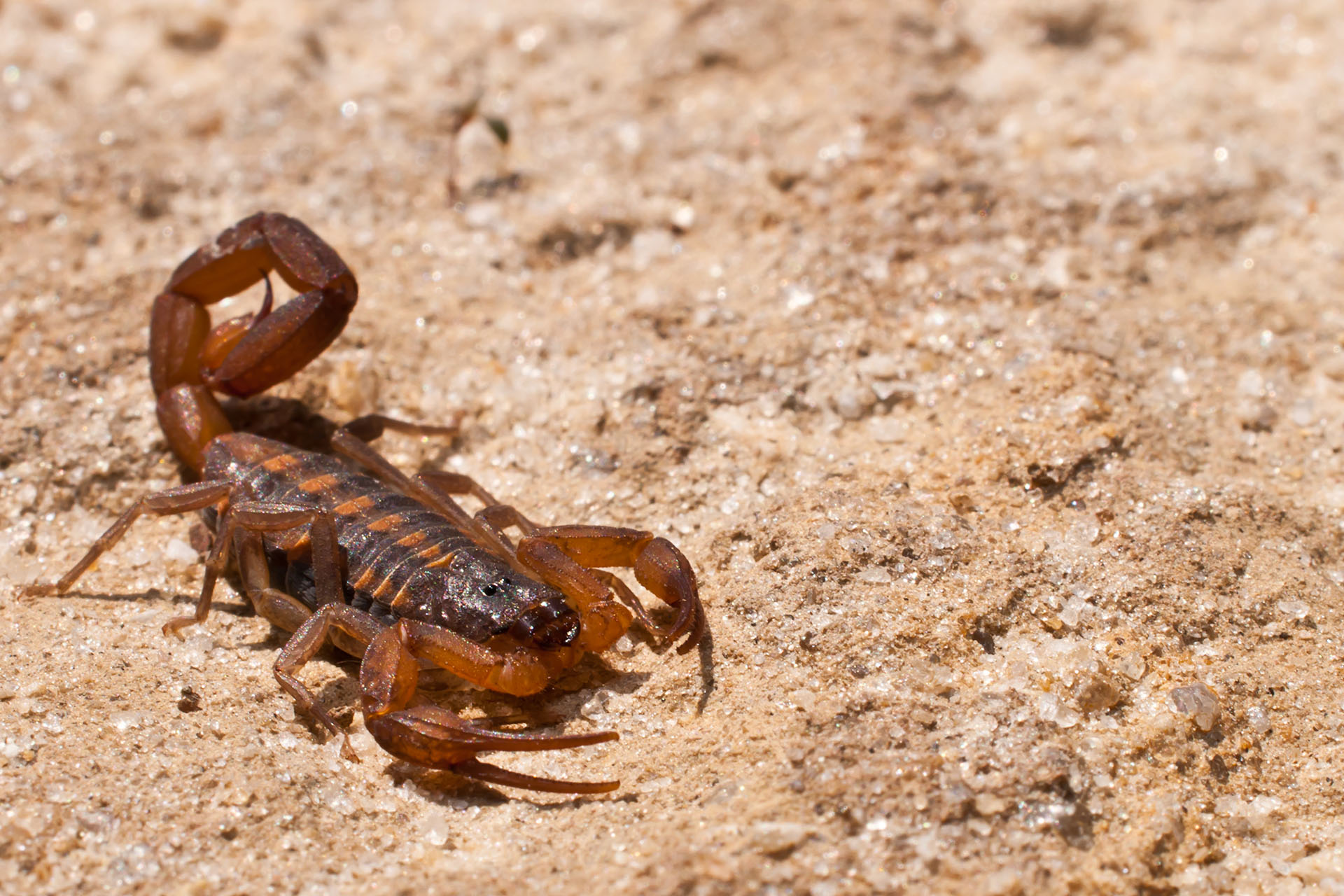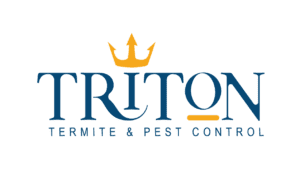Why do I have a scorpion problem?
Scorpions enter structures seeking water and shelter. In houses, they are most often found in undisturbed areas such as closets, seldom-used shoes, or folded clothing. During periods of hot weather, scorpions may move into lower, cooler living areas to escape the high temperatures in attics. During the night, scorpions seek water and hunt. In the morning they’re often found in bathtubs and sinks because they couldn’t climb out.
Scorpions don’t like temperatures over 100°F, so it’s not uncommon to find them burrowed in the soil, sand, under rocks, or in shady spaces when outdoors. During the day scorpions hide under stones, in piles of rocks, in cracks, in woodpiles, under boards, under bark, or in the rubbish. Crawl Space foundations and those constructed of block or stone, provide excellent homes for scorpions.
Where will I find scorpions?
Scorpions are nocturnal, they hide in shoes, blankets, drawers, and under rocks during the day. They like to inhabit areas with cool shelter and close to food and water sources like garbage, organic matter in and around gardens and plant pots, old lumber, bricks, stored boxes, wall voids and conduits, and insect-infested areas in the attic.
Fun Fact: Scorpions “glow” a bright neon green/yellow when seen under a black light.
How do I get rid of scorpions?
The best way to get rid of scorpions in your yard or home and prevent them from returning is to partner with Triton Termite & Pest Control. Our experienced professionals and modern services provide home and business owners with peace of mind knowing that their pest problems will be solved once and for all. If you are looking to get rid of scorpions from your property with the help of dedicated, local professionals, reach out to Triton Termite & Pest Control today!
How can I prevent scorpions in the future?
For homeowners who want to protect their homes from scorpions, partner with Triton Termite & Pest Control and use the following prevention tips:
- Thoroughly clean the inside of the house. Popular indoor hiding places for scorpions include closets, piles of laundry, attics, bathroom or kitchen cabinets, and crawl spaces. If they get into your home, they are usually found in secluded dry areas such as closets and garages. Clean other rarely used spaces.
- In general, scorpions are drawn to dry areas and their main sources of food are usually small insects and spiders. By keeping your home insect-free, it will make it much less likely that scorpions will be a problem, so general pest control is recommended.
- Eliminate hiding places. By controlling scorpions outside the home you can also control them inside your home. Remove debris such as loose rocks, stacks of firewood, boards, piles of leaves, tree bark, trash, and other unnecessary things around the home. Scorpions like to keep out of the sun by hiding beneath objects so remove these ideal places to hide.
- Trim and prune. Keep your lawn mowed short and all shrubbery nicely pruned. Trim trees, branches, and bushes so they don’t reach the exterior of your home. Overhanging tree branches and overgrown bushes can give scorpions a direct path to the roof.
- Deny access. Seal all points of entry such as outdoor cracks on the home (e.g. siding, windows, doors, pipes, and wires) with caulk or another sealant. Check weather stripping around doors and make sure there are no gaps. Scorpions can get inside your home through torn screens, open vents, and other openings.





